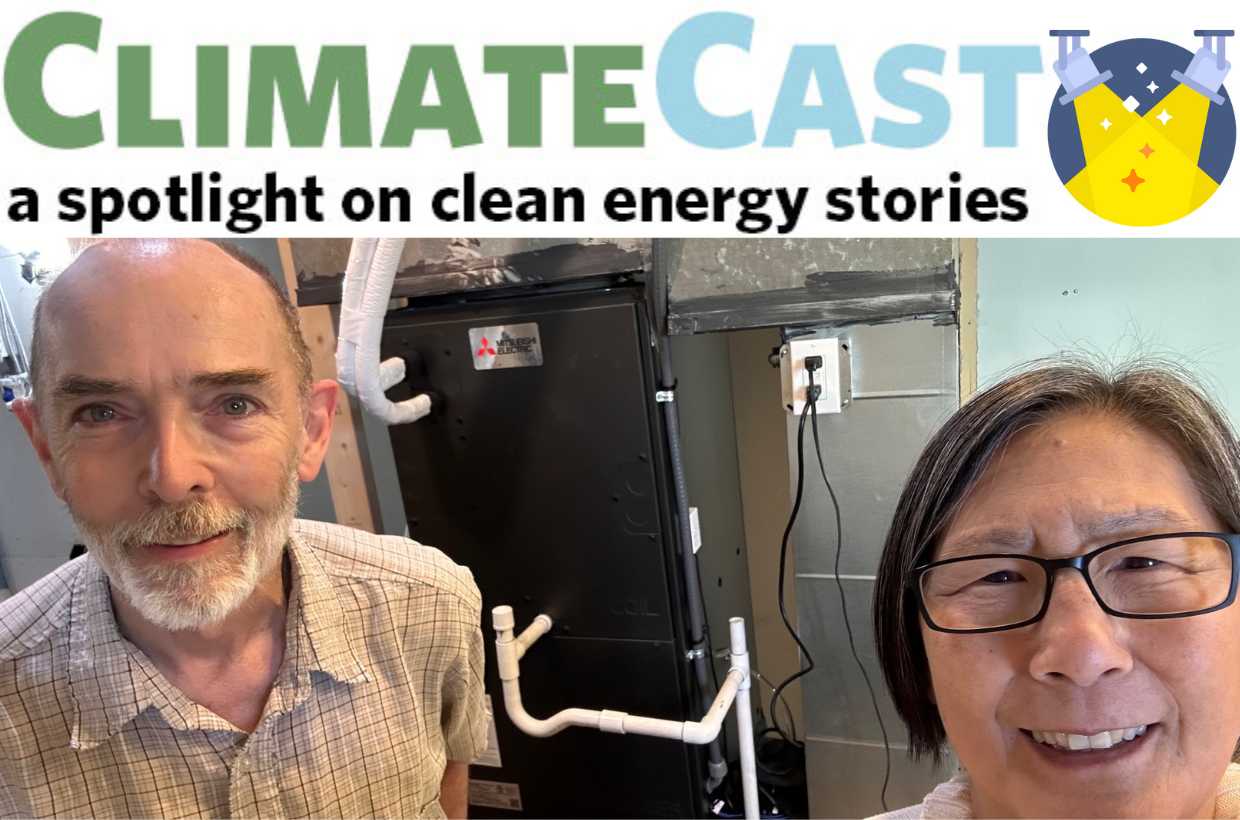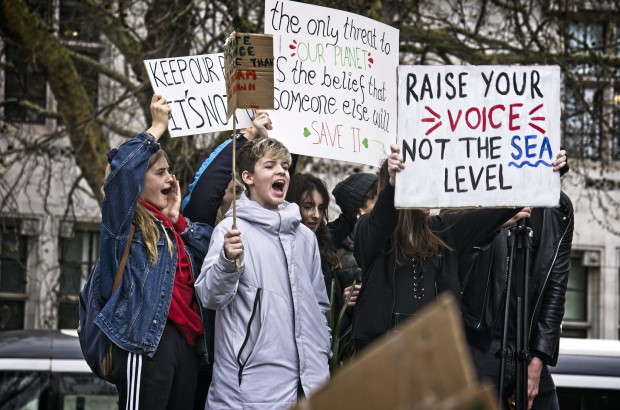
Energy efficiency is the foundation of decarbonizing our power system – reducing the need for new generating capacity overall and significantly improving the economic performance of the energy system. Former U.S. EPA Administrator Lisa Jackson once described energy efficiency as the "silent hero" to stop global warming. It is already the region’s second largest electric power “resource,” after hydropower.
Using energy wisely and storing more for later create great co-benefits with saving people money on their bills -especially lower income households, improving our health, reducing energy demand to make it cheaper and more reliable and creating more local jobs.
Recently the American Council on an Energy-Efficient Economy ranked both Washington and Oregon in the top ten states of making great strides in reducing energy use across their economies, including with appliance standards, in buildings, the transportation sector and also with the electrical grid.
Progress in energy efficiencies over the last three decades is a strong affirmation of the economic and environmental value of energy efficiency as a resource. There continue to be enormous efficiency opportunities and needed solutions, statewide but also in major jurisdictions in the region.

Speak up for Climate Action! Email your Legislator in Oregon
Did you know the Oregon Legislature hasn’t updated our state climate goals in over 15 years?
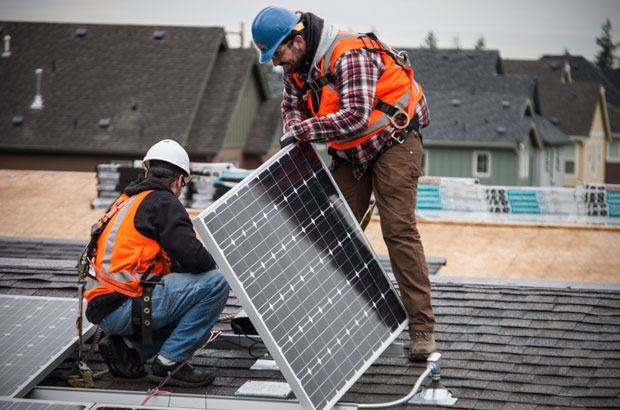
🎬 Cutting climate pollution from buildings
Homes, offices, and other buildings are a major source of climate and air pollution. Thankfully, the best solutions will save you money on energy costs without sacrificing comfort. Learn more by watching our new video series!
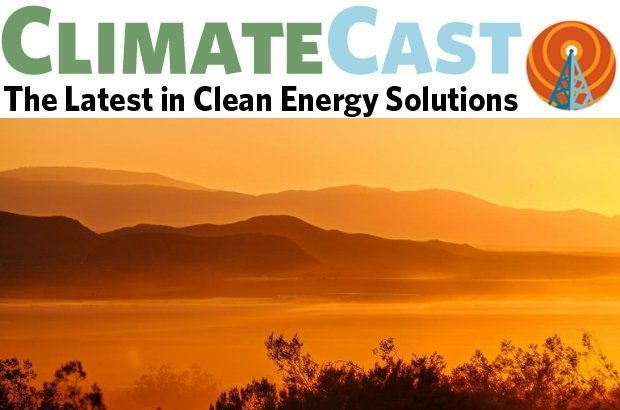
Renewables booming, but it’s still too hot 🥵
ClimateCast is our curated, biweekly collection of news and commentary on climate issues. In this issue: DC Dispatch; renewables boom; CA leads but still too hot

Hot ways to stay cool: take our buildings all-electric
WA State has an opportunity to ensure the most climate friendly state residential energy codes in the country.
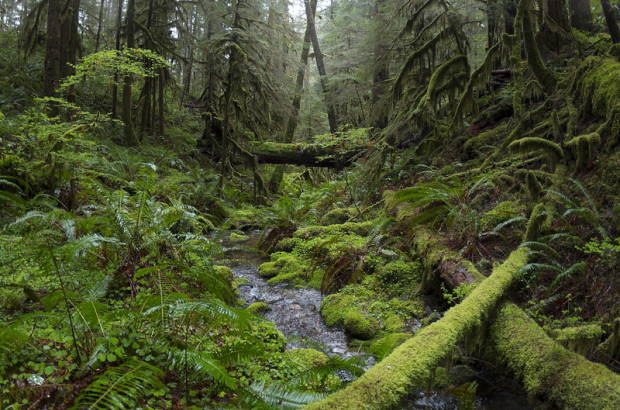
Why Oregon’s climate progress is good, but still not enough
If you’re like me, you’ve seen a LOT of studies released about the increasingly dire state of our climate, what’s to come if we do not cut pollution, and how much pollution we need to cut by when.
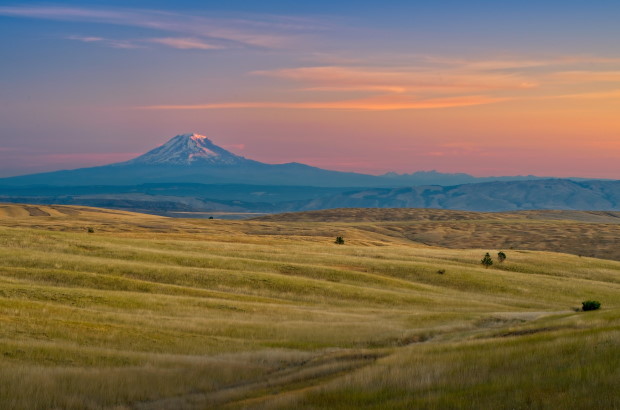
Two years ago today: One of biggest climate wins in Oregon history
Today is a significant milestone for Oregon’s climate progress, but it requires a little time traveling to the cusp of the pre-COVID times to fully appreciate how far we’ve come.
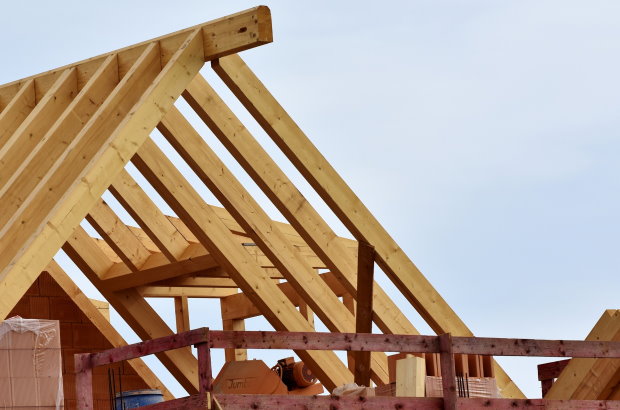
Recapping Oregon's 2022 Legislative Session
This session, the legislature provided historic levels of investments in clean energy solutions and electric vehicles, as well as significant progress for environmental and social justice in our state.
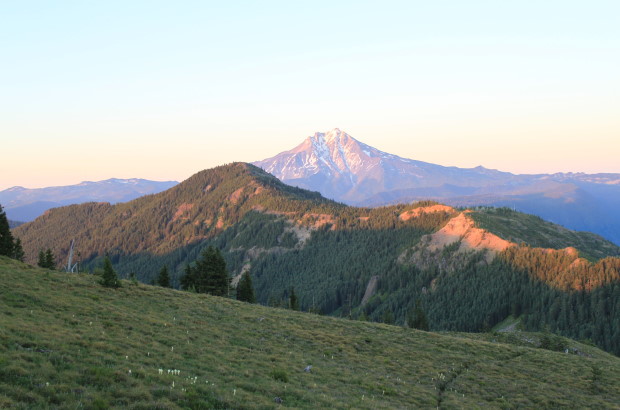
Sprint with us toward climate action
Oregon's legislators heard your calls to address climate pollution from buildings—but it’s taking a new form. Also, don't miss updates on our statewide other climate priorities.
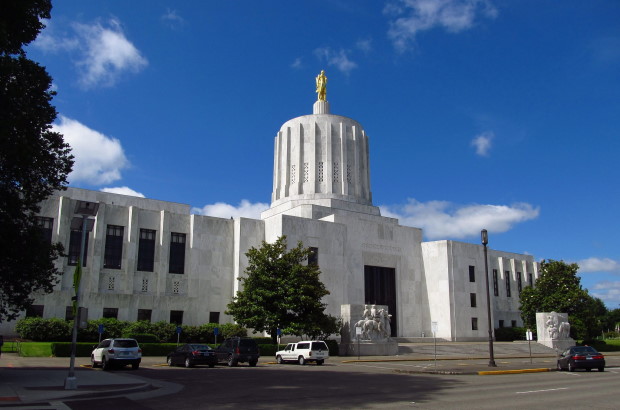
What's ahead for climate action in Salem?
No corner of our state was left untouched by climate-fueled storms and harms last year.
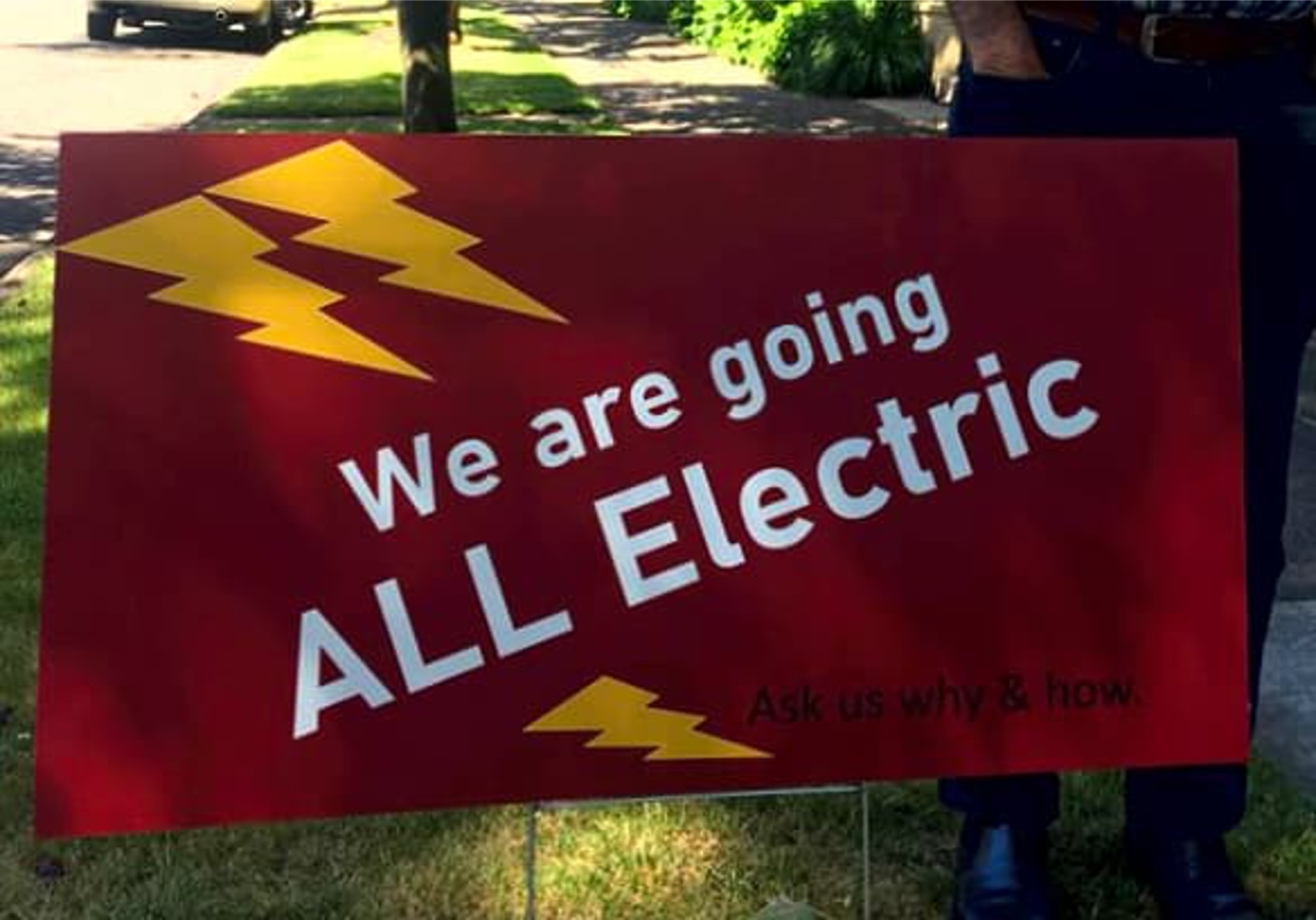
Oregon’s “Future of Gas” Process: What Is It and Why Does It Matter?
Oregon PUC regulators are tasked with figuring out how to protect customers and reduce risk, while gas utilities grapple with how to meet climate pollution reduction goals while continuing to meet customers’ needs.
Give for a brighter future
Connect
Join our email list to learn about what we do and how to get involved.
